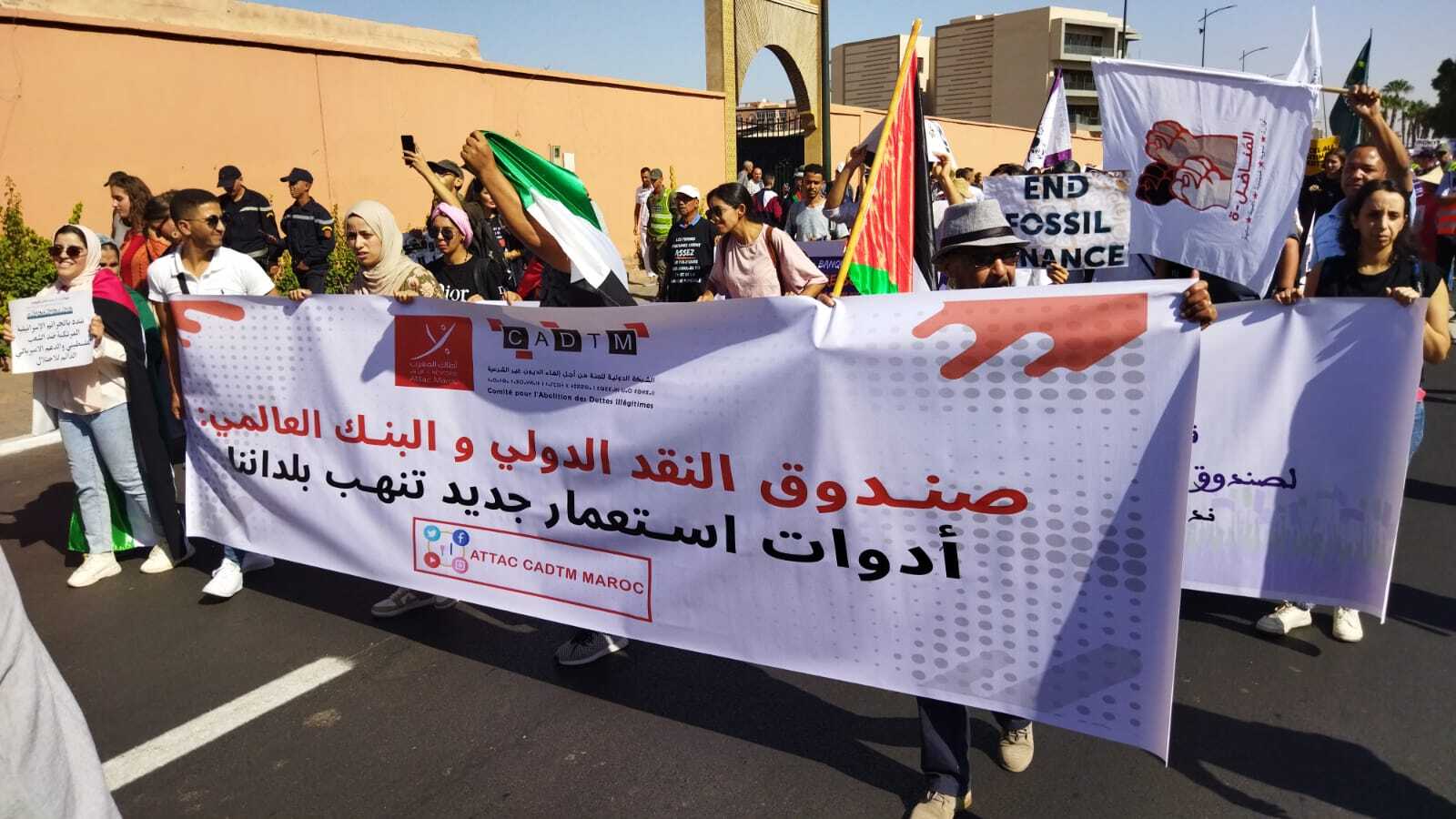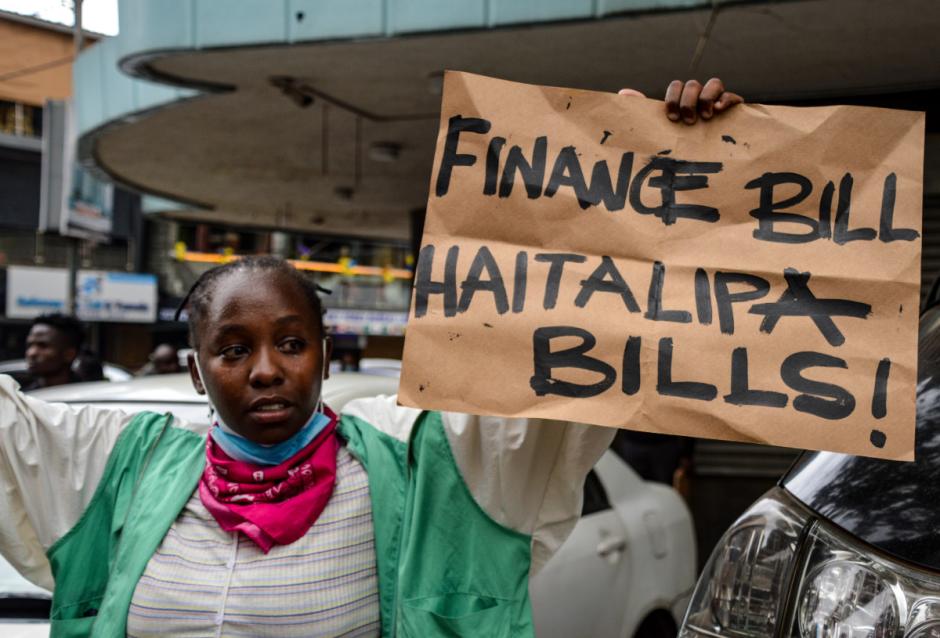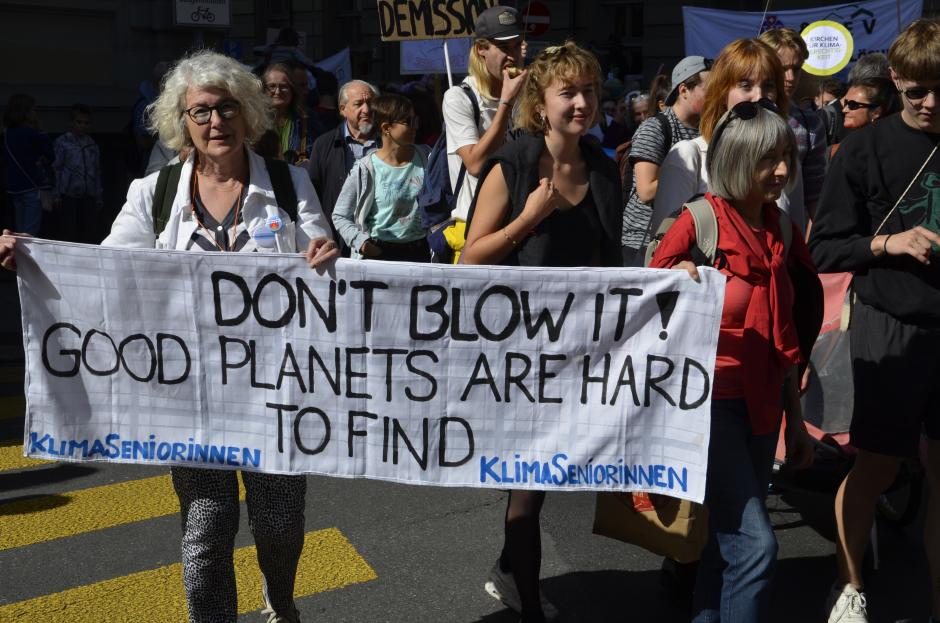On May 22, 2024, more than 45 international organizations, including 22 ESCR-Net members, endorsed a letter calling on the Organisation for Economic Cooperation and Development (OECD) to adopt a holistic and pragmatic policy solution in addressing inequalities in taxation, the debt crisis, and climate justice. This solution, according to signees, should embrace ongoing conversations regarding the United Nations (UN) Framework Convention on International Tax Cooperation as one of the essential steps to realizing the goal of urgent transformation of the global tax system to align with equality and comply with international human rights standards and principles.
The historical failure of the global financial architecture to address global tax inequalities affecting Global South countries has led to the rise of retrogressive and repressive tax regimes. Countries in the Global South have been forced to take steps to raise revenue via the introduction of punitive and unsustainable taxes, like increasing VAT on essential commodities for survival and privatizing the provision of public services like health and education.
The Global Tax Agreement, backed by the OECD and G20 countries and hailed as the one-stop solution for reforming the international financial architecture, overlooks and fails to consider the most daunting needs of the people in the Global South and hence undermines the national sovereignty and ability of countries to rightfully tax profits by multinational corporations.
Remnants of colonialism are manifested in the ongoing weaponization of debt, unjustified wars, and further violations of human rights. Low and middle-income countries, in the Global South in particular, are straining to fulfill their human rights obligations due to overstretched fiscal spaces and the pressure to prioritize the servicing and payment of illegitimate debts. The advent of the Covid-19 pandemic further exposed the deep structural failures of the current global economic order dominated by capitalism and further widened pre-existing socio-economic inequalities between Global North and Global South countries.
ESCR-Net members, led by CESR and allies, are challenging the OECD’s tax policy and structures and pushing for redress of what they strongly believe is “a pattern of unequal distribution of taxing rights between and within countries which has manifestly exacerbated a global system of privilege orchestrated by former colonial powers to the detriment of formerly colonized states and descendants of enslaved groups.”
The May letter follows a previous communication sent in October 2023 to eight UN special procedures, including the Independent Expert on the effects of foreign debt and other international financial obligations on human rights Professor Attiya Waris, and other relevant UN experts, special rapporteurs and working groups. It prompted recipients to intervene in addressing the OECD’s deliberate failure to reform global tax rules and the illegitimate and abusive policies and practices of some of its members, including the US, UK, France, and Switzerland. The letter also raised fundamental concerns about the OECD supporting and promoting tax policies that are deeply entrenched in the system of colonialism, racial discrimination and violation of human rights impacting communities globally.
In response to our communication, eight UN experts and special rapporteurs sent a formal communication to the OECD Secretariat raising weighty concerns in regards to the OECD’s tax reforms and their impact on human rights.
Members are dedicated and look forward to further collaborative work with allies and other interested groups including academia, social movements, and feminist groups, among others, to demand for the urgent transformation of the global tax system to comply with international human rights standards and principles. We must act now to address the inequalities in taxation, the debt conundrum, and climate crisis and to realize human rights.


